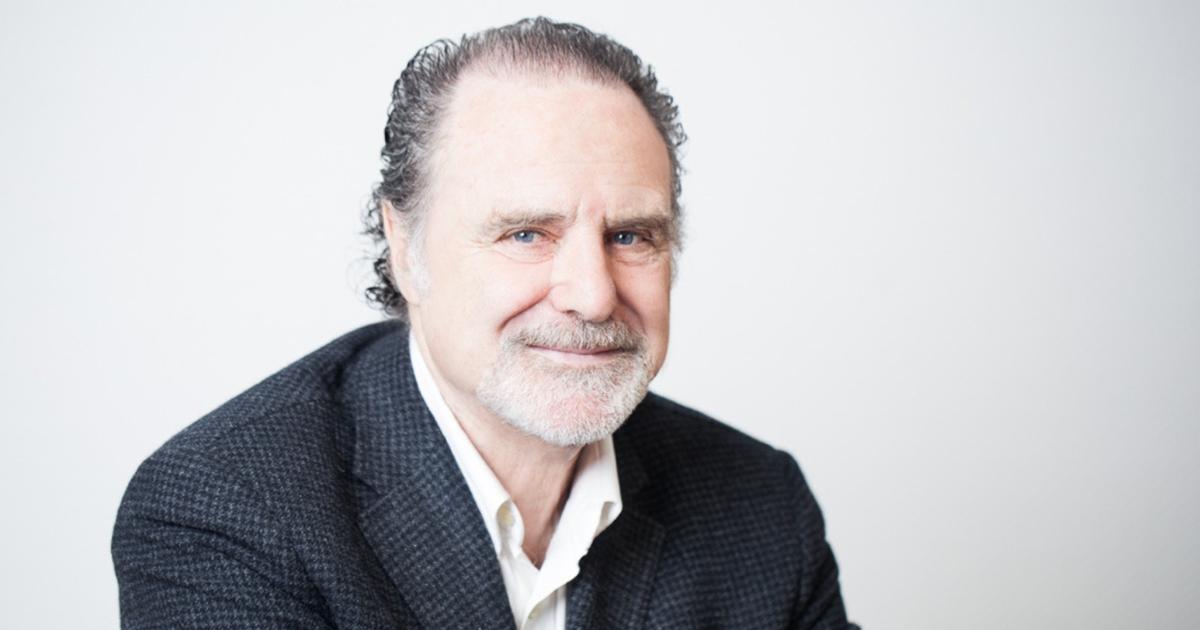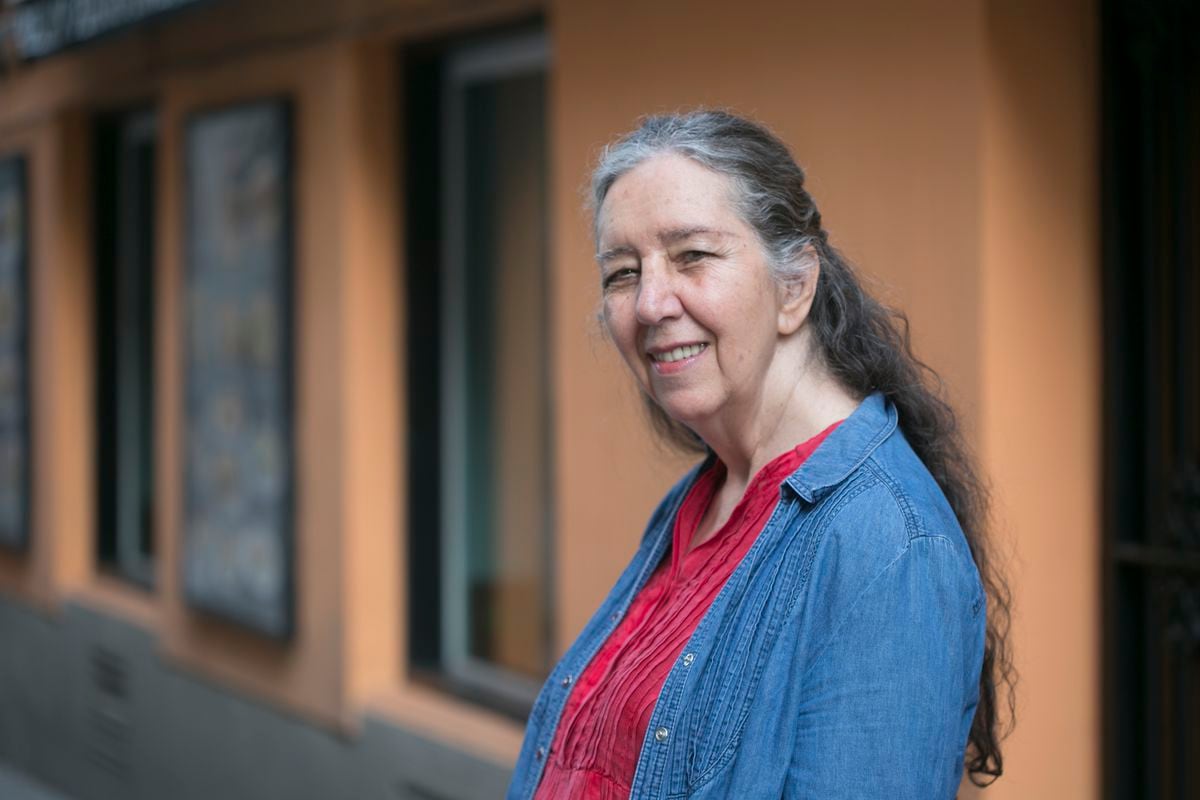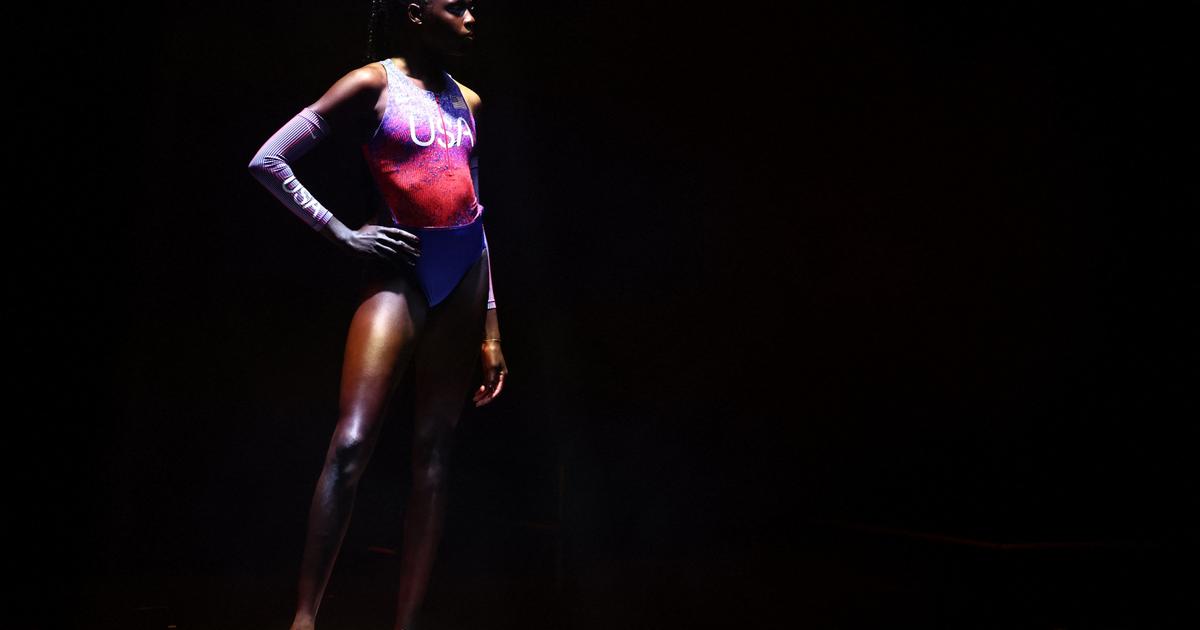Some prefer "author", others "author" or even "author". What to choose? To the question of the proper use of the feminization of names of trades, functions, titles, the answer is still free now that the French Academy has accepted, without imposing, their use. On the occasion of International Women's Day, the linguist and author of the fascinating book Les Mots voyageurs: a little history of French from elsewhere (Points) returns for Le Figaro on the construction of the feminine in the French language.
»READ ALSO - The French Academy at the time of the feminization of the language
LE FIGARO. - Some accuse the French language of invisibilizing women. Do you agree?
Marie TREPS.- In the language, there is a lexicon and a grammar. They are not the same territories. In the first case, the question of the legitimacy of the words "author" and "author" is raised. Can we use them? In the second, one questions one of the fundamental rules of the French language which makes it possible to resolve in a simple and economical way the question of the agreement with two subjects of different grammatical genre.
Can we abandon this rule because today we consider differently the place of women in the language? What we forget when asking these questions is that the said rule applies to people and things. We say: "The boys and girls are happy to be together" , but we also say "the days and the nights follow each other calm and happy" . It would not occur to him to say: "The days and the nights follow each other calm and joyful".
In the language, there is, in my opinion, an aesthetic level. The mind, the eye and the ear must be happy. However, grammar is primarily intended for understanding, expression of thought, mind. It is therefore essential. Challenging this rule reveals the confusion between the biological genre and the grammatical genre.
You cannot force or slow down the language. Language evolves, it's its principleYet the French language is very gendered.
Yes she is. It is one of its peculiarities and its beauties. There is no neutral in French. The trouble is that the rule of the masculine which prevails over the feminine was enacted at the very beginning of the birth of the French Academy, in 1634. At that time, we reformed the language and refined its mechanics . One cannot escape excess. Molière pointed them out very well by mocking the fashion effects and the snobbery of some in Les Précieuse ridicules . In the 17th century, an attempt was made to bring order and it was decided that the masculine would act as neutral - certainly for the sake of simplification. That's why we always use it. However, this rule has been justified by ideological arguments, as today, where the feminist claim wants to question it.
In the 18th century, the academician Nicolas Beauzée, author of a general and reasoned grammar, was radical. His argument lies in these words: "the superiority of the male over the female" . We are in the Age of Enlightenment, of scientific knowledge, of the Encyclopedia, but also in the century of the beginnings of the theory of evolution and of racial classifications. Ideologies are slippery. Under the Third Republic, at which time the laws of Jules Ferry were applied, the teachers spread the rule of "masculine which prevails over feminine" . All the students ring it and remember it because it is simple and easy to apply. But in the 20th century, it became more difficult to justify it because of feminist claims. These may be legitimate in the sense that they want the language to reflect the desire for parity in society. But at that time, the grammarians recall that the masculine has a non-gender function, since we have no neutral.
The word "author" existed before the French Academy just like the rule of proximity (rule which consists in granting the kind and the number of the adjective with the closest of the names which it qualifies). Today, "author" is reborn. Why not make it the rule?
There is no harm in using the word "author". Regarding the proximity rule, it is inconvenient. "Men and women are equal" is weird for the eyes, the ears and the mind. That said, we can trick and place "women" at the beginning of the sentence: women and men are equal. The French Academy, by the voice of Dominique Bona and Danièle Sallenave, announced the resumption of the file of the feminization of the titles and names of trades by leaving a share of choice to the interested parties. You cannot force or slow down the language. The language evolves, this is its principle. But obviously, we can help it by giving admissible proposals.
"The" e's "do not make women more equal. It is artificial and can sometimes hurt the aesthetic sense ”For some, the word "author" seemed "bizarre" at first. But the more it was used, the more legitimate the term became.
When I am asked my opinion on "author", I say that I do not use it because I find it too technical. That said, "editor" gets along very well. There is no point in making diktats. But it is obvious that by multiplying the uses, the new words will seem more normal to us.
Is it feminist to use the words "author", "author"?
Take the case of women in the role of high school principal. We will contact her using the wording chosen by each: "Madame le Proviseur" or "Madame la Proviseur" or "Madame la Proviseure". Everyone has the right to ask to be called as they wish. Is it by feminist demand? Perhaps, but there is no need to ask this question.
Otherwise, we would try to inject activism into the French language ...
Yes, and it doesn't have to be. Likewise, to say that the language is sexist makes no sense. French reflects the realities of its time.
»READ ALSO - This female assault on the French language
Does adding "e" really give more equality? Is it language to make society evolve or society to make language evolve?
It is society that will change the language. I don't know if it has to, but that's what is happening. The "e" do not make the woman more equal. It is artificial and can sometimes offend the aesthetic sense. But it does reflect in parity the parity that is rightly desired in society.
Does inclusive writing make this parity effective?
No, I do not think it will prevail, it is too complicated, but this proposal makes visible the questions of current society, its conflicts, its desires, its needs in terms of parity.















